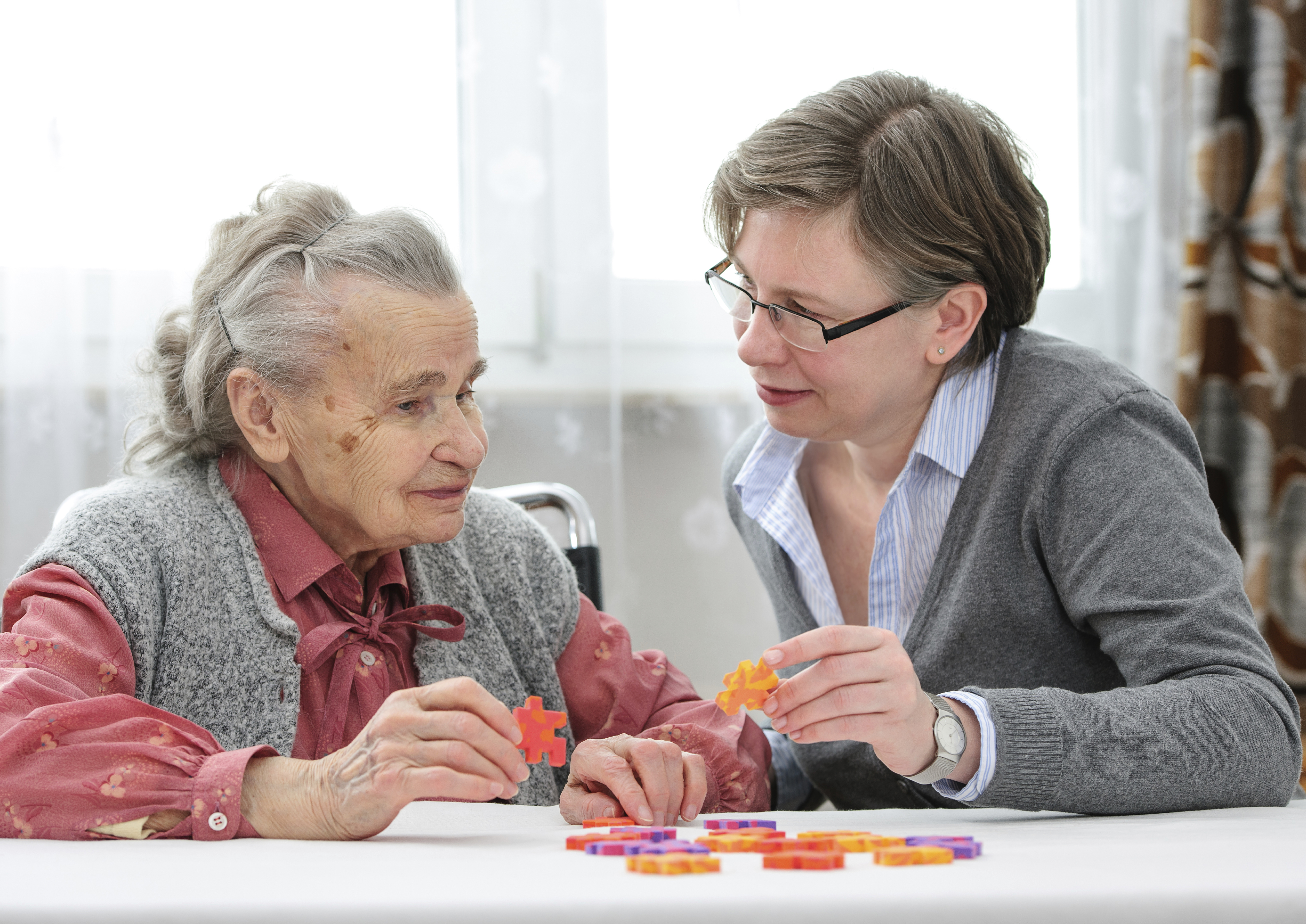The national Patient-Centered Outcomes Research Institute has awarded the UConn Center on Aging and the School of Medicine at UConn Health more than $6 million in research funding to study cognitively vulnerable older adults living in their own home who have one or more of the ‘3Ds’: dementia, depression, or delirium.
The study will test the impact new 3D home-based clinical care teams may have to improve health-related outcomes of older adults living with cognitive vulnerability. These multidisciplinary care teams will be led and guided by nurse practitioners with specialized geriatrics expertise.
“Our research project aims to find ways to make the lives of cognitively vulnerable community-dwelling older adults and their family caregivers better,” says principal investigator Richard Fortinsky, professor and Health Net Inc. Chair in Geriatrics and Gerontology at UConn Health. “Consistent with PCORI’s mission, we are studying outcomes of importance to older adults and their families, and we will be advised by a steering committee that includes patients and family caregivers.”
According to the researchers, cognitive vulnerabilities in older adults can often be overlooked by doctors and hospital providers, especially for older patients who are being treated for multiple health conditions. Also, it can be difficult for these cognitively vulnerable older adults to manage their own health issues, placing an extra burden on them and their families.
The study will enroll and follow for 12 months 760 adults in Connecticut who are 65 and older and are living at home. All study participants will be enrollees in the Medicare Advantage insurance plan administered by project partner ConnectiCare Inc. Half of the study participants will receive 3D team home care, and half will receive standard care. Researchers will track the potential benefits of 3D care teams on patient-specific outcomes such as reducing hospitalization, emergency room visits, depression, disability, and increases in quality of life. Family caregivers’ well-being, depression, and burden will also be measured.
“If successful, we hope 3D team care teams can become a more widely available approach for improving healthcare nationally for older adults living with depression, a history of delirium, and dementia, and their families,” says Fortinsky.
The study is a collaboration among the UConn Center on Aging and the Department of Psychiatry at UConn Health, the University of Connecticut, and community partners including ConnectiCare Inc., and the Connecticut chapter of the Alzheimer’s Association.
The Patient-Centered Outcomes Research Institute is an independent, nonprofit organization authorized by Congress in 2010. Its mission is to fund research that will provide patients, their caregivers, and clinicians with the evidence-based information needed to make better-informed healthcare decisions. For more information about the Institute’s funding, visit www.pcori.org.



